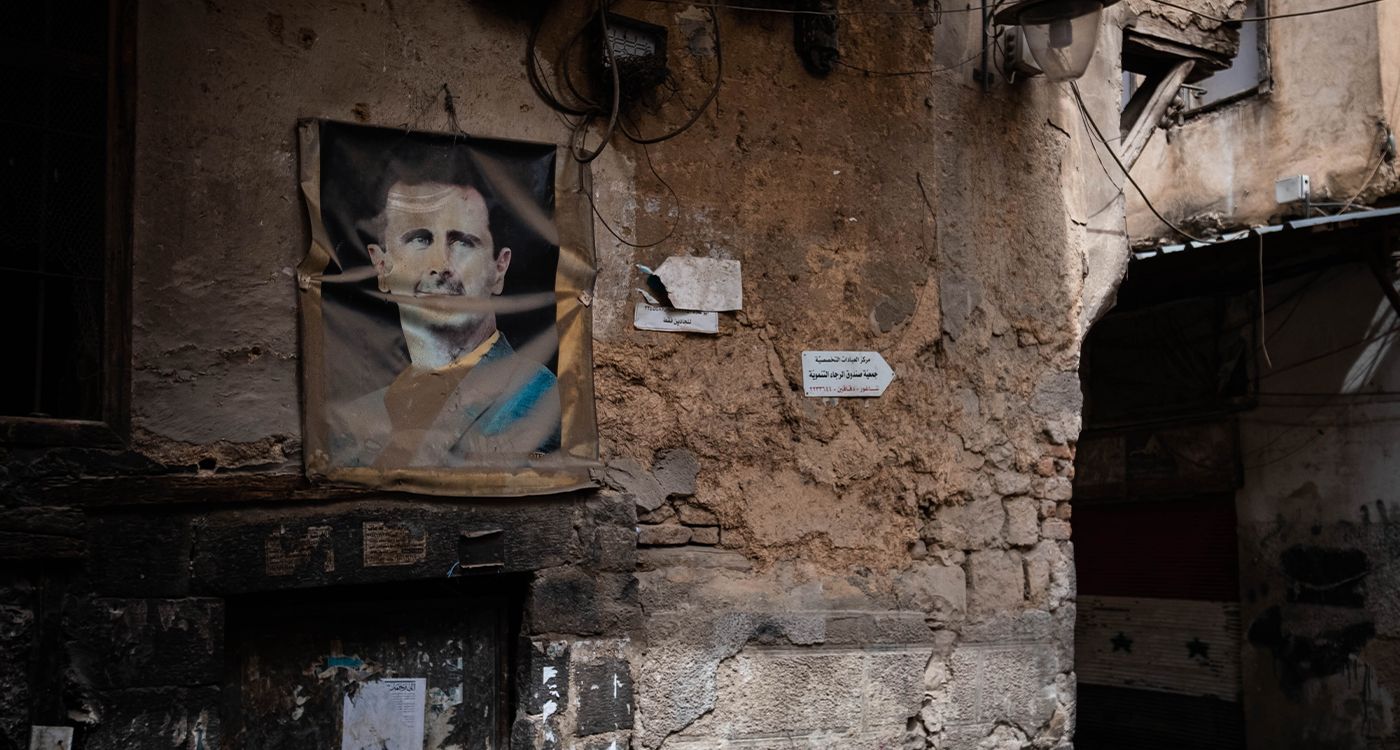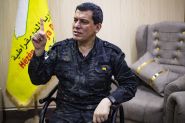- Home
- Middle East
- Post-Assad Syria: Political and Institutional Prospects

©shutterstock
The fall of Bashar al-Assad marks the beginning of a new era for Syria, one that holds the promise of political and institutional transformation after 13 years of civil war. This prolonged conflict has devastated the country’s state institutions and torn its social fabric. Observers believe that the regime’s end could create an opportunity to rebuild Syria on entirely new foundations.
Political transition: Challenges and prospects
While Assad’s fate remains uncertain, the pressing question is who will lead the country forward. Syria’s deep divisions—ethnic, sectarian, and geopolitical—complicate the path to unity. External powers, including the United States, Russia, Iran, and Turkey, are likely to exert significant influence as they vie to shape the country’s political future to align with their respective interests.
“The Syrians must take charge of negotiating the formation of a transitional government,” said an expert interviewed by This is Beirut on condition of anonymity. “However, this process may devolve into a power struggle among factions.” Opponents of the regime, such as Kurdish groups and rebel factions, are expected to advocate for a decentralized form of governance. This could clash with conservative forces that favor preserving centralized control.
Certain regions, particularly the Kurdish-dominated north and northeast, may push for greater autonomy, building on existing self-governance structures. Similarly, decentralization might appeal to other groups, including Sunni Muslims, and Christian and Alawite minorities, seeking stronger local representation and autonomy. In contrast, nationalist and Islamist movements may favor a strong central government to prevent further fragmentation.
Achieving a balanced compromise that accommodates local autonomy while maintaining national unity will be essential. “The international community will likely play a pivotal role in facilitating negotiations,” the expert added. “However, global powers are deeply divided over Syria’s future, which will make the transition process extremely challenging.”
Institutional reforms and national reconciliation
The transition from a tyrannical regime – which came to an end on the night of December 7 to 8 – to a new form of governance would require significant institutional reforms. "This would involve the drafting of a new constitution that guarantees the separation of powers, judicial independence, and stronger protection of human rights," states the aforementioned expert.
He believes that the country’s key political players, whether from the opposition or minority groups, must engage in discussions to draft a document that guarantees the fundamental rights of all citizens, particularly freedom of speech, judicial independence, and the separation of powers. The new constitution could also tackle sensitive issues, such as the status of religious and ethnic minorities, the secular nature of the state, and relations with neighboring countries. "This process may be slow and contentious, but it is crucial to ensuring lasting peace," he stresses.
Beyond the constitution, the new leadership will have to focus on the judicial system, the armed forces, and public administrations. This would entail revitalizing governance mechanisms and implementing a national reconciliation process to heal the wounds of the conflict. "In this context, a transitional justice system would be established to address human rights violations and war crimes committed during the conflict," explains the expert.
Today, Syria must confront its own challenges, navigating the delicate balance between political reconstruction, national reconciliation, and managing its deep internal divisions. The solutions chosen will depend on the complex negotiations between Syrian and international stakeholders. Despite the significant obstacles that are likely to arise on the path to stability, a transition to a more democratic and inclusive state remains possible, albeit with some necessary compromises.
Read more




Comments